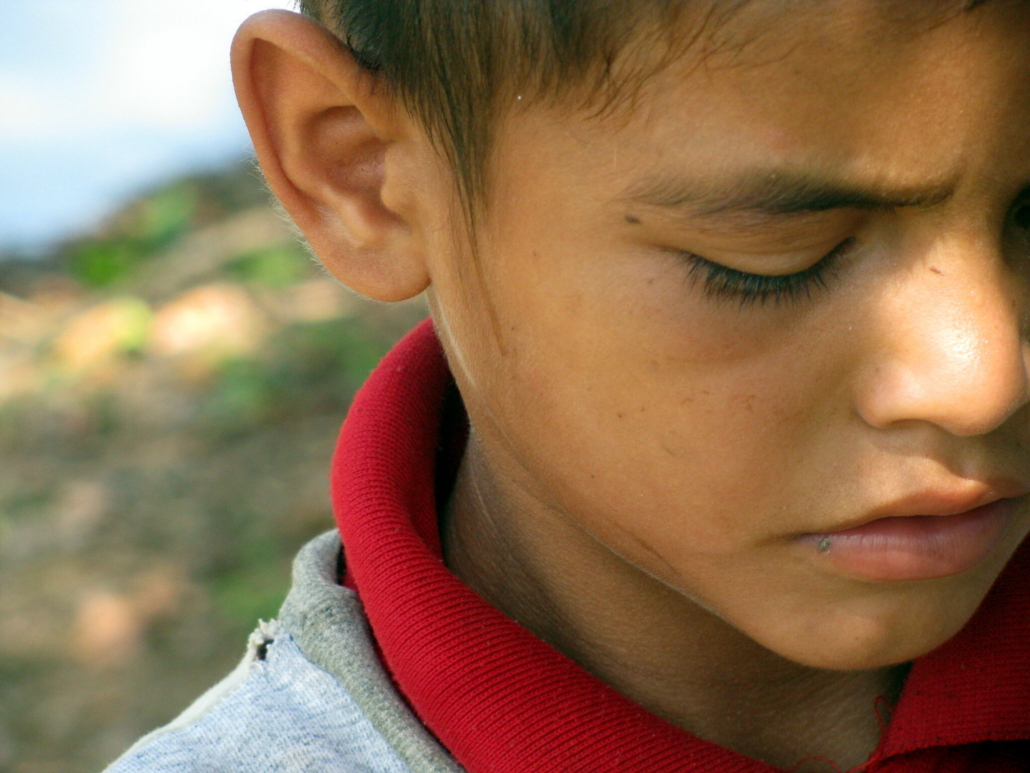Mental Health Support for Venezuelan Migrants

As of June 2023, a humanitarian crisis forced more than 7 million Venezuelans to flee and seek refuge in other countries. Around 70% migrated to neighboring countries in Latin America such as Colombia, Peru and Ecuador. Most Venezuelans have been forced to leave their life and country behind, resulting in an increase in mental health issues among the refugees. Fortunately, some efforts are in place to provide mental health support to Venezuelan migrants.
Rise of Mental Health Problems
Refugees often struggle with a loss of identity. This occurs when someone must adapt to a new society but does not feel a sense of belonging. Due to this disconnect, there tends to be a rise in mental health issues like post-traumatic stress disorder, anxiety and depression. Displaced Venezuelans have been experiencing these same struggles.
Neighboring countries have made efforts to accommodate and sympathize with the difficult situation in Venezuela. Local organizations in Colombia, Ecuador and Peru have been working to improve and enhance mental health services for resettling Venezuelans.
Mental Health Services in Colombia
Many Venezuelan refugees have moved into La Guajira, Columbia, due to the city’s close proximity to the border. They arrive with anxiety, hunger and trauma from their harrowing journeys. In 2021, Malteser International Americas successfully worked with health ministries and other international organizations to open the first mental health clinic in La Guajira to help refugees.
Although La Guajira is known to be the most impoverished area in Colombia, the Department of State’s Bureau of Population, Refugees and Migration has provided humanitarian aid to increase support for migrants and other vulnerable communities. These efforts resulted in more than 5,000 Venezuelan migrants acquiring mental health support in 2021.
The Heartland Alliance International (HAI) in Colombia has initiated various mental health and psychosocial support (MHPSS) programs tailored to assisting vulnerable populations and training community professionals. These include Acople, Mas Resiliencia and Protection, Social Support and Safe Transit for Migrants. HAI has helped around 8,500 Venezuelan migrants with humanitarian needs and trained 130 professionals for psychosocial support and intervention.
Social and Economic Integration Efforts in Peru
Peru has welcomed more than 860,000 Venezuelans in search of social and economic stability, making it the second-largest recipient of Venezuelan immigrants. The Peruvian government’s effort to ease integration, such as easier border access and temporary work visas, has helped Venezuelans to adapt. Researchers have found that this support has helped alleviate mental health stressors during their resettlement.
According to the International Organization for Migration (IOM), it is important for migrants to receive support in the early stage of their integration process because it will influence a better outcome for their stability in the host country.
Additionally, acquiring a legal status and work permits improves mental health, as this promotes the chance for permanent residency in the long term. USAID has invested more than $1.9 billion in organizations in Peru to attain economic security and psychological support for the Venezuelans. The partners involved are Against Hunger, the Pan American Health Organization (PAHO), the International Labor Organization (ILO), Unión Venezolana en Perú and the World Council of Credit Unions.
Long-term Stability in Ecuador
Similar to Peru, Ecuador focused on the longevity of integration that will uplift the “emotional stability” of Venezuelans residing in the country. Ecuador’s government has worked on improving the visa process for Venezuelans to receive legal papers for social security, health care, job opportunities, etc. As of February 2023, more than 41,000 have been able to achieve a temporary visa.
Looking Ahead
Mental health support for Venezuelan immigrants has become a major concern. Fortunately, neighboring countries have been able to help improve the livelihoods of Venezuelans within their nation’s borders. With better integration processes and strong mental health programs, there is hope that migrants can begin to live comfortably and stress-free.
– Alessandra Amati
Photo: Flickr
